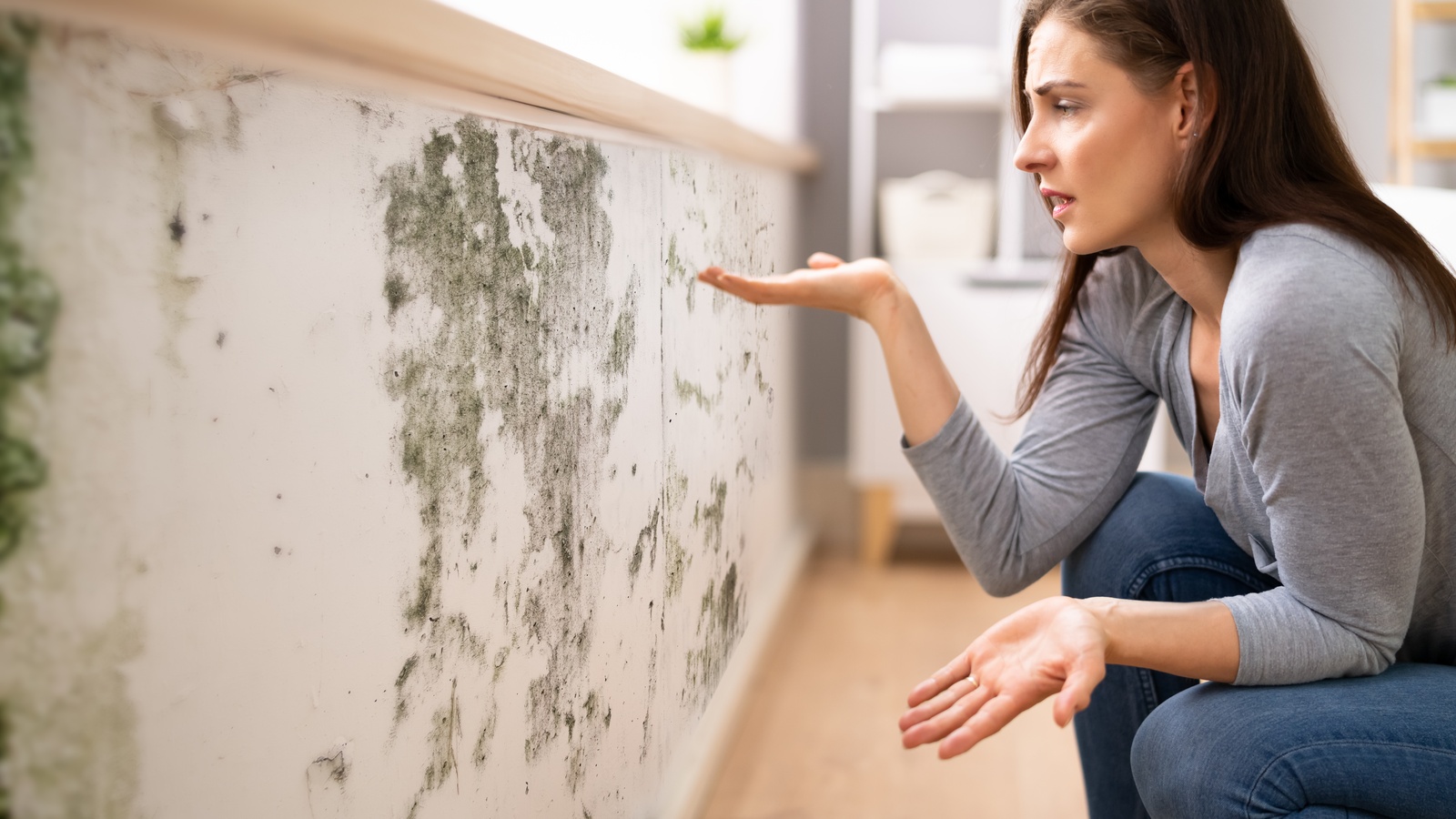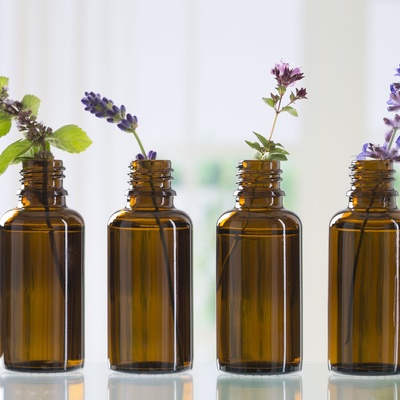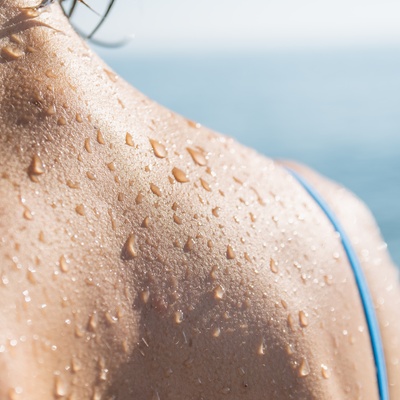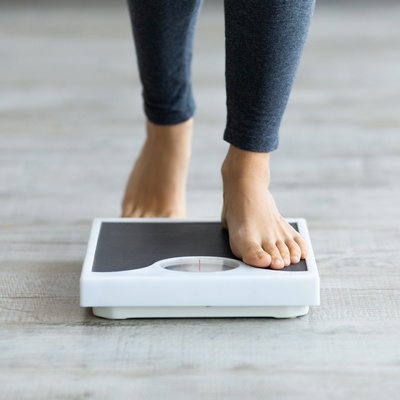Articles / Healthy Living
Apr 7, 2025
530 Views
Biohacking Your Health: How Mold Could Be Sabotaging Your Body
By Camilla Thompson
Five years ago, I was diagnosed with CIRS, a mycotoxin illness. I'd always been deeply invested in my health—eating well, exercising, and prioritizing sleep. But despite doing everything right, I found myself in a spiral of fatigue, brain fog, and unexplained health issues, being dismissed by doctors who didn't know what was wrong with me. That’s when I knew I had to take things to the next level.
After endless tests and consultations, I discovered the invisible culprit: mold. Hidden in my environment, it was quietly wreaking havoc on my body. That revelation changed everything. It sent me down a rabbit hole of research, detox protocols, and deep environmental cleanups. Biohacking (taking control of my health and environment) became not just a passion but a necessity. Through trial and error, I found ways to heal my body, reverse chronic inflammation, and reclaim my energy.
I also learned that 25% of the population has a genetic predisposition to mold illness, meaning their bodies struggle to clear mycotoxins effectively. This genetic factor makes some people highly susceptible to chronic inflammation and immune dysfunction when exposed to mold. If you're part of this group (like I am), even minimal exposure can lead to significant health issues, making environmental control and targeted detox strategies even more crucial.
How Mold Affects the Body
Mold exposure isn’t just about musty smells and visible black spots. The toxins (mycotoxins) released by mold can seriously disrupt multiple body systems, including:
- The Brain: Brain fog, memory issues, and difficulty concentrating—often misdiagnosed as anxiety or ADHD.
-
The Gut: Mold toxins can alter gut flora, leading to bloating, IBS-like symptoms, and nutrient malabsorption.
-
The Immune System: Chronic infections, inflammation, and unexplained autoimmune reactions.
-
Hormones: Mold can disrupt the endocrine system, leading to adrenal fatigue, low energy, and mood swings.
-
Food Allergies: Mold exposure can heighten food sensitivities, causing unexpected reactions to common foods.
-
Severe Dehydration: Mold thrives on moisture, and it can pull hydration from your body, leaving you feeling constantly thirsty and fatigued.
Hidden Symptoms You May Not Expect
If you’ve been struggling with unexplainable symptoms, mold exposure might be playing a role.
Here are some lesser-known signs:
- Sensitivity to smells (perfumes, cleaning products, etc.)
-
Increased allergies or sinus congestion
-
Waking up feeling unrested despite a full night's sleep
-
Skin issues like rashes or eczema
-
Heightened anxiety or unexplained mood shifts
-
Persistent thirst or dry skin despite adequate water intake
-
Sudden development of food intolerances or digestive issues
Biohacking Your Recovery
Once I identified mold as the root cause of my health issues, I tackled it with a targeted approach. Here’s what worked:
1. Remove the Exposure
-
Get a professional mold assessment (air testing can reveal hidden spores).
-
Invest in an air purifier with a HEPA + activated carbon filter.
-
Use a dehumidifier to keep indoor humidity below 50% and prevent mold growth.
-
Check common mold hotspots: bathrooms, air-conditioning units (a mold breeding ground), and under sinks.
-
Keep your home dust free as mold spores love to hide in dust.
2. Support Detox Pathways
-
Liver Support: Crucial for eliminating toxins. Add cruciferous veggies, lemon water, and dandelion tea.
-
Binders: Activated charcoal, chlorella, zeolite, and bentonite clay can help pull toxins from the body.
-
Sweat it Out: Infrared sauna sessions help eliminate mold toxins via the skin.
-
Cold Showers: Reduce inflammation and support the nervous system by improving circulation and detoxification.
3. Heal the Gut & Boost Immunity
-
Probiotics & Prebiotics: Strengthen gut resilience against mycotoxins.
-
Mushrooms & Adaptogens: Reishi, cordyceps, and astragalus help modulate immune function.
-
Vitamin C & Glutathione: Antioxidants to reduce inflammation and support detoxification.
Testing Options for Mold Exposure
If you suspect mold is affecting your health, testing can provide valuable insights. Consider the following options:
- Genetic Testing: Determines if you have the mold susceptibility gene (HLA-DR).
- Urine Mycotoxin Test: Identifies the presence of mycotoxins in your system.
- Blood Tests: Includes markers like C4a, TGF-beta1, and MSH to assess immune and inflammatory responses.
Biohacking is all about optimising the body for peak performance, and that starts with removing hidden stressors. If you’ve been feeling off despite doing everything right, mold could be the missing piece of the puzzle.
I know firsthand how frustrating it can be, but once you take the right steps, recovery is possible. Tune into your body, optimize your environment, and watch your energy, clarity, and strength return.
If you suspect mold is affecting your health, start by assessing your space and supporting your body’s detox pathways. You’ll be amazed at the difference it makes.
For more information on mold toxicity and recovery, visit toxicmould.org, www.mouldsafe.com.au and https://www.epa.gov/mold












